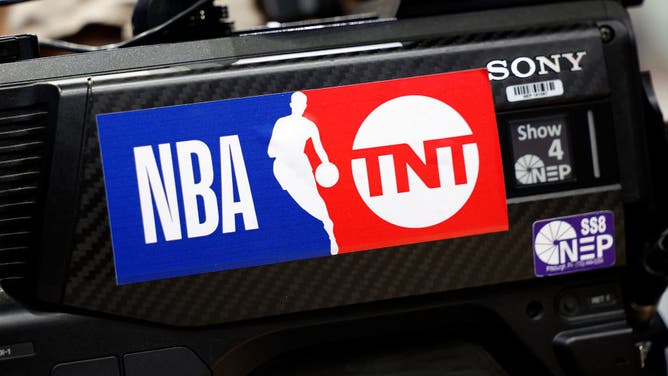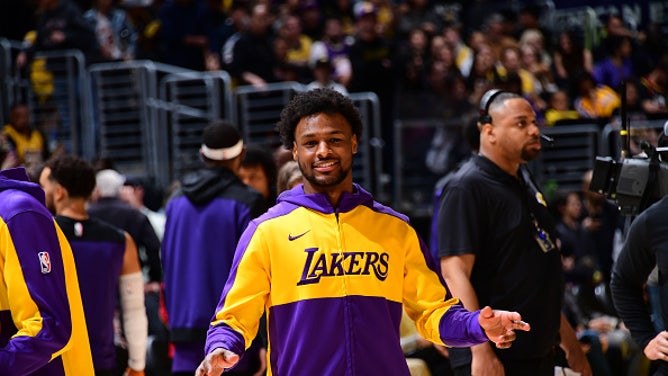Losing The NBA Looks Like a Major Win For TNT/Warner Bros. Discovery
Earlier this month, Warner Bros. Discovery (WBD) CEO David Zaslav called the company's impending breakup with the NBA "a great decision."
On the surface, his comments dripped with bitterness and dishonesty. After all, WBD tried suing the NBA for not allowing the network to match the league's new rights agreements with Amazon and NBC. However, maybe Zaslav wasn't bluffing.
The NBA's value to WBD was twofold. First, the product rated well among viewers 18-49, for whom advertisers pay a premium. Second, the viewership allowed WBD's TNT to demand higher-than-average carriage fees from cable and satellite providers.
The initial fear was that if TNT lost the NBA, cable providers would not continue paying around $3 per subscriber to carry the network. Yet that no longer appears to be the case.

The NBA on TNT have broadcast the league since 2015. (Photo by David Berding/Getty Images)
According to the Wall Street Journal, TNT recently signed new distribution deals that actually include increases in carriage fees despite the NBA's impending departure, including a long-term agreement with Comcast.
And while losing the NBA will cost TNT in advertiser revenue, the dramatic increase in cost per season would have mitigated said profits.
In 2015, TNT agreed to pay $1.2 billion annually for its current NBA package, which expires after this season. However, viewership for the NBA has since declined by around 45%. Yet instead of going down in price, the NBA was able to sell TNT's package to NBC for $2.4 billion a year.
Whether NBC can defend its NBA investment by airing the games on broadcast television, TNT could not have justified paying double what it currently does for the NBA on cable.

LOS ANGELES, CA - MARCH 16: Bronny James #9 of the Los Angeles Lakers warms up before the game against the Phoenix Suns on March 16, 2025 at Crypto.Com Arena in Los Angeles, California. Mandatory Copyright Notice: Copyright 2025 NBAE (Photo by Adam Pantozzi/NBAE via Getty Images)
In the meantime, Warner Bros. Discovery added College Football Playoff games and NASCAR to its sports portfolio and extended its partnership with All Elite Wrestling. Though those products don't provide the extensive inventory of a full NBA season, they offer far safer returns on investment.
ESPN recognized a similar problem with the partnership with MLB, opting out of the final three years of the agreement. At $500 million a year, MLB's C-package was not worth the price for ESPN.
While live sports are as valuable as ever to broadcasters, they are also as expensive as ever. And it can be incredibly damning for a television partner to lock itself into overpaying for a sports product for the next decade.
By all accounts, Disney, Amazon, and NBC each overpaid for the NBA. And if the league does not rebound significantly in popularity, those deals will look regrettable come 2036.
After the NBA, the biggest winner of the latest round of negotiations might just be Warner Bros. Discovery.
David Zaslav might be right.